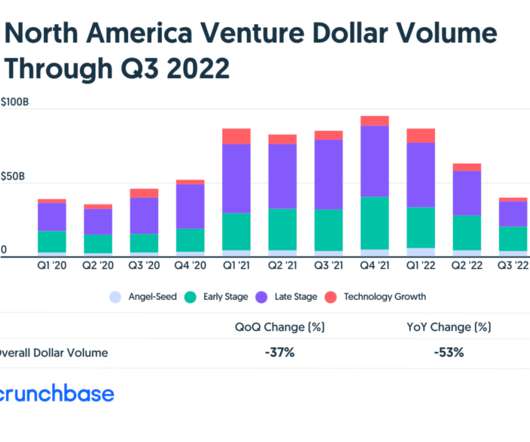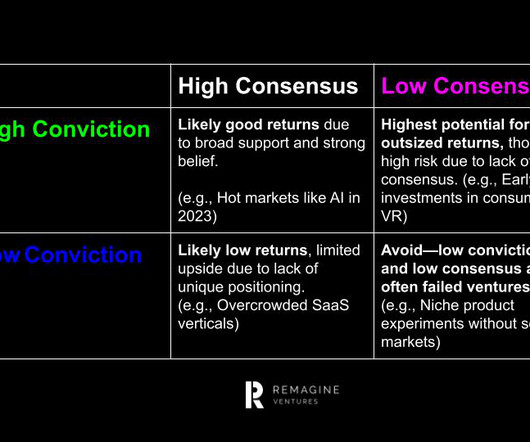Why a Company Can’t “Be More Like a Startup”
Steve Blank
JUNE 27, 2017
Initially, a startup has no business model and no market share to defend. If they select a business model that targets industry incumbents, they don’t have to worry about upsetting existing customers, partners or distribution channels. Its employees and investors don’t depend on an existing revenue stream.









































Let's personalize your content